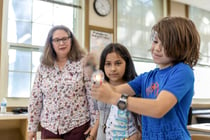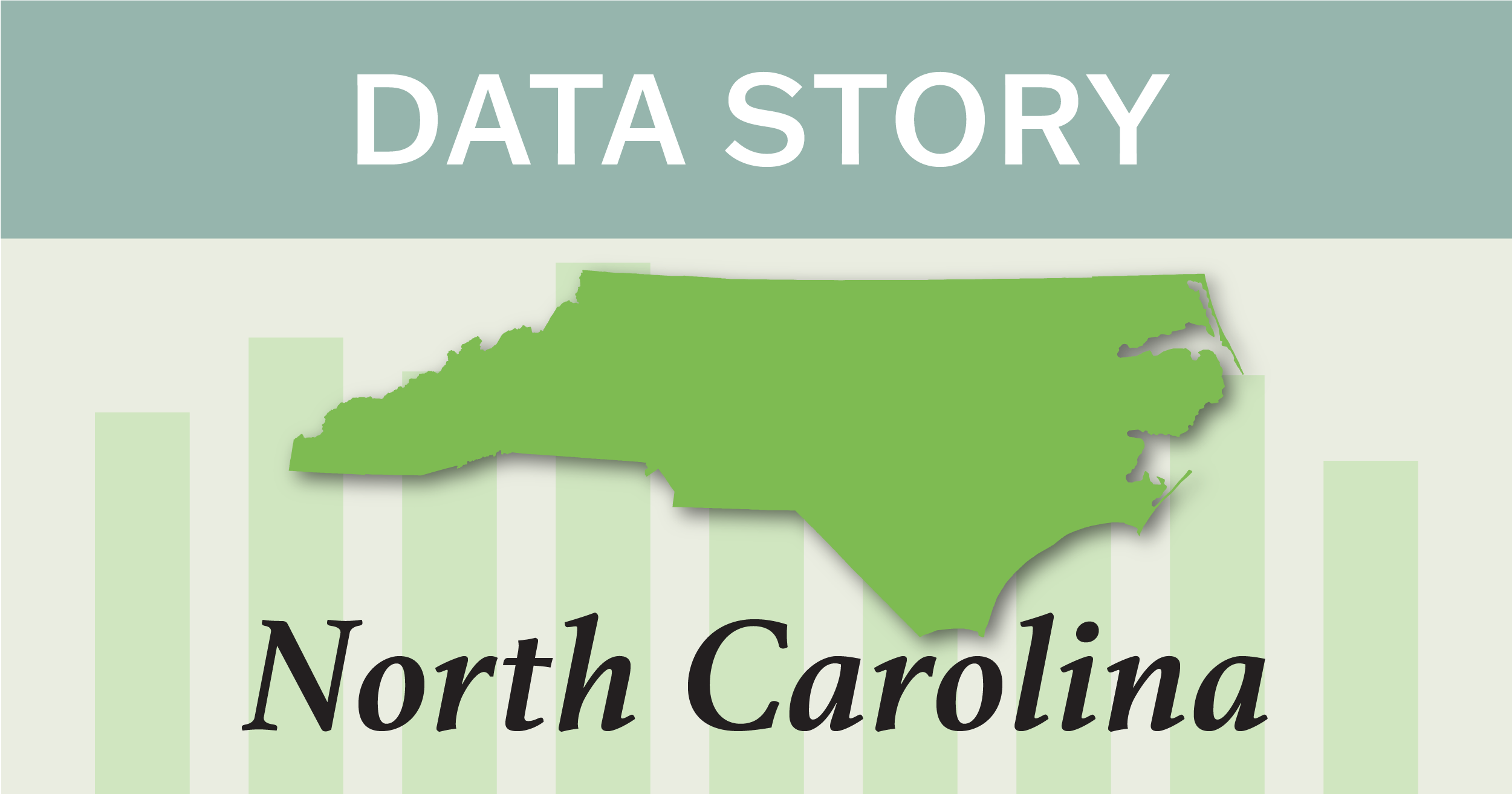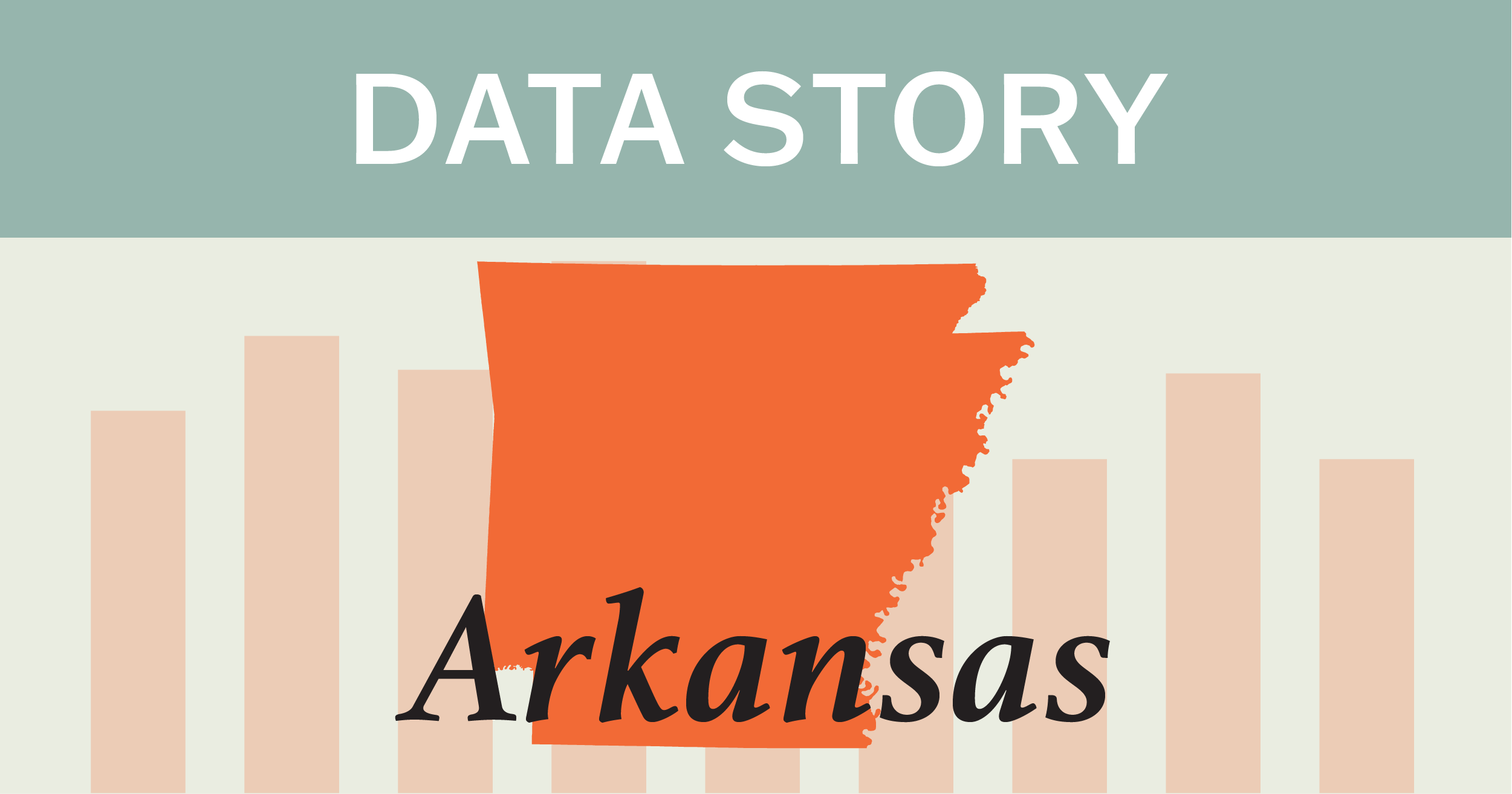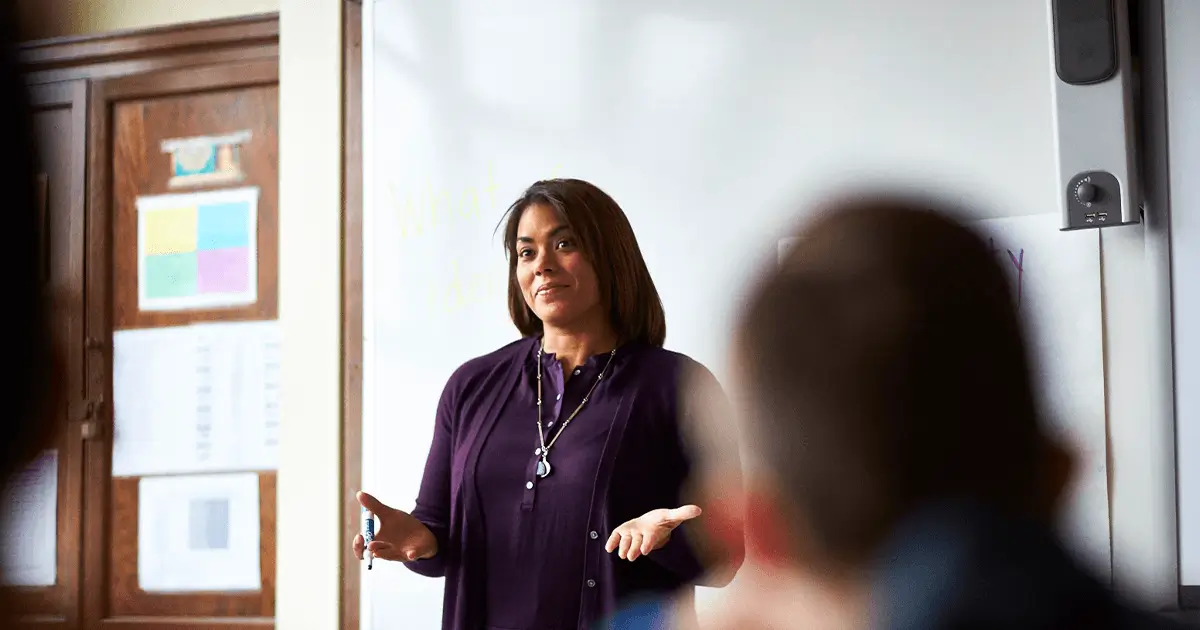Posted in: Aha! Blog > Eureka Math Blog > Student Engagement Implementation Support Data Stories Student Achievement > School Experiences Major Gains in First Year with Eureka Math®, Goes from Failing to Inspiring Others in District
SCHOOL PROFILE
Grades: K–5
Students: 415Percentage of students from
low-income families: 100 percentAdopted Eureka Math: 2018–2019
school year
Lakewood Elementary School in Durham, North Carolina, deemed a failing school for a few years under the state’s accountability system, was at risk of being taken over by the state at the end of the 2017–2018 school year. Principal James Hopkins, who had been leading the school for only a year, knew he had to take some major steps toward turning things around. One of the key changes he made was adopting Eureka Math®.
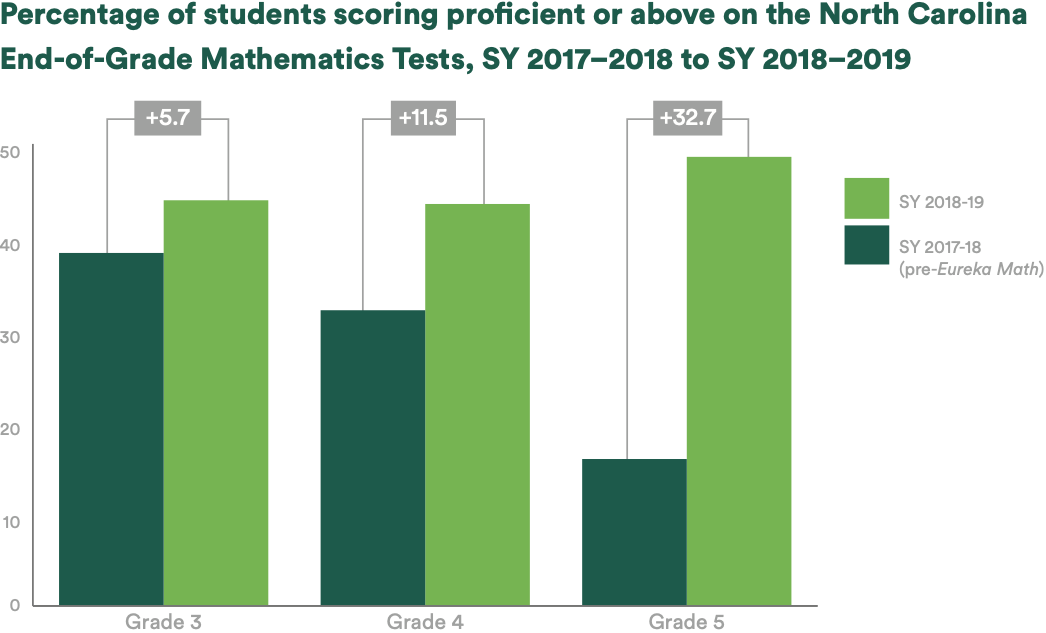 The decision was among several factors that led to tremendous math achievement gains for Lakewood students, and the school is no longer considered failing or at risk of being taken over. Rather, the school district is looking to Lakewood as an example and is now implementing Eureka Math in its other schools.
The decision was among several factors that led to tremendous math achievement gains for Lakewood students, and the school is no longer considered failing or at risk of being taken over. Rather, the school district is looking to Lakewood as an example and is now implementing Eureka Math in its other schools.
Lakewood made gains in math in every tested grade—double-digit gains in most cases—on the state’s end-of-year mathematics assessment between the 2017–2018 and 2018–2019 school years. Hopkins credits his teachers. “I hired incredible teachers who allowed themselves to be vulnerable and coached,” he says, adding that they worked so hard to try something new and succeed with it.
He also says Eureka Math helped drive the improvements in teaching and learning. “It’s the first time I’ve ever seen a curriculum push and challenge the way kids think,” says Hopkins. “I can actually see it. The kids’ attitudes toward math are so much better now than before. I feel like they’re more confident and willing to ask questions, and they’re making the necessary connections in class.”
Lakewood Elementary math coach Megan Lewis agrees. “I really think the biggest change that we saw was in our expectations for students, having higher expectations for what these kids could do,” she says.
Lewis added that before the adoption of Eureka Math, the school didn’t have a coherent and consistent curriculum, and teachers were generally left to create materials or find them wherever they could and those resources, or the lack of them, made it hard for teachers to push students to think deeply and make the necessary connections in mathematics.
“CHEERLEADING” FOR COLLEAGUES
“We know if we just teach them the tricks, eventually they get lost when they get up to middle and high school. They need that conceptual foundation.”
— Megan Lewis, math coach
Pacing can be a challenge in the first year with Eureka Math, according to Hopkins and Lewis, but they say teachers should stick with it, knowing that the curriculum revisits key concepts during a given year and across grade bands. “My job for the first half of last year was mainly to be a cheerleader,” recalls Lewis. “Part of what I was trying to do was encourage people to see the bigger picture and remember we’re not curriculum designers. I had to ask them to trust the process and remind them that somebody put a lot of thought into this.”
Hopkins says the school went from 75-minute math blocks to 90-minute blocks in fall 2019. “Our teachers were inspired by this curriculum,” he explains, “and one way to foster success is that you give them more time to do what they like and what works.” He added that the teachers use the extra time to help struggling students, offer learning extensions, study and analyze the curriculum more closely, and apply student performance data to drive further success.
Lewis says one of the biggest differences she sees between Eureka Math and other curricular resources is the emphasis on deep conceptual understanding of math topics over rote memorization and quick tricks for solving math problems. “We know if we just teach them the tricks, eventually they get lost when they get up to middle and high school,” she says. “They need that conceptual foundation.”
LEARNING NEW STRATEGIES
Lewis says she also likes how Eureka Math teaches new models and multiple strategies for solving problems. “The chip model for division is the one that none of us ever taught before seeing Eureka Math. All fourth- and fifth-grade classes are now using it, and I’m so excited about it,” she says of the model, a pictorial representation that shows what the steps in the long division process actually mean.
Lewis appreciated attending a Eureka Math summer institute for professional development before using the curriculum. Both she and Hopkins say in-school professional development with a Eureka Math trainer was very effective in getting teachers up to speed on the curriculum. Lewis notes that a Grade 5 teacher delivered the training, which reinforced that this was a curriculum written by teachers for educators and their students. “I realized that this person had a lot in common with me. It wasn’t just somebody who had never been in a classroom before,” Lewis says.
Now, as the other elementary schools in the district make the switch to Eureka Math this year, Lakewood is positioned to offer guidance and help where needed. Hopkins and Lewis say it’s great to be able to give back and share their knowledge of the curriculum and the story of their students’ and teachers’ success with it.
Submit the Form to Print
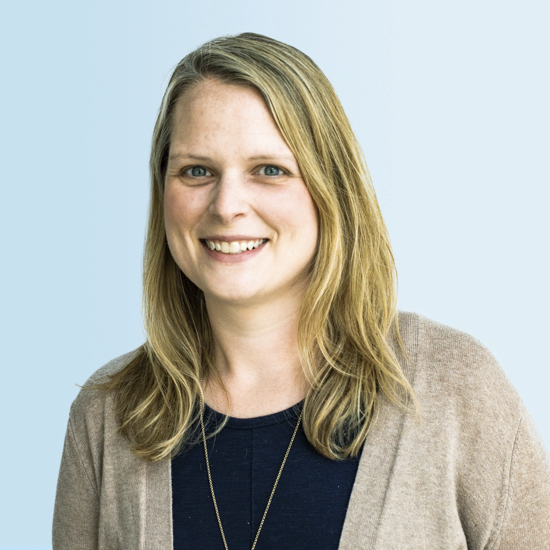
Jenny Taylor
Jenny has over a decade of experience in education policy and research. She has worked with states and districts on the development and implementation of college and career readiness policies, especially around the implementation of rigorous standards and high-quality instructional materials. She has extensive knowledge about K–12 standards, graduation requirements, assessments, and accountability systems nationwide. Additionally, she has conducted research for school districts to address pressing needs in those districts. Jenny received her B.A. in English and education from Bucknell University and her M.Ed. in education policy from the University of Pennsylvania Graduate School of Education.
Topics: Student Engagement Implementation Support Data Stories Student Achievement

